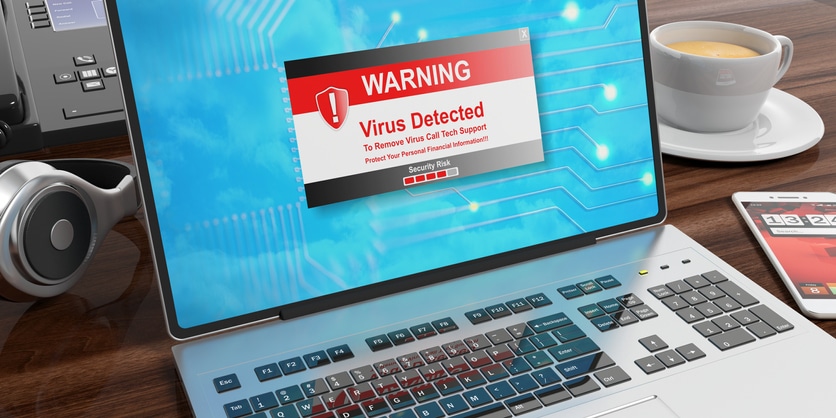How Free Antivirus Software Can End Up Costing You
Free Antivirus Software: Yes or No?
As of November 2019, 88% of people had anti-virus software on their phones. However, only 50% used extra features like password managers, secure browsers, and VPN. There are plenty of free basic packages, and lots of people use them for protection. Free anti-virus software may lack protection against malware and phishing attacks.
Even though free anti-virus software may seem like a good bargain, it may end up costing you more than you expect. Many organizations will do anything it takes to save money, and installing free anti-virus software is one of the most common ways to do it.
First, the software may not give you as much protection as you need. You may still be susceptible to online threats. Trusting free anti-virus software with your files, applications, and computers may be a recipe for disaster. You may end up spending a lot of money and time dealing with cyber-attacks. Most companies who promise free anti-virus software will require you to pay for software with better protection.

The Truth About Cyber-Attacks
Even though cyberattacks may seem like a distant issue, they are more common than you may imagine. Hackers and cyber-criminals could target any business in the world. According to a 2016 IBM security study, half of the businesses that participated in the surveys had paid more than $10,000 in ransomware attacks. 20% of them had paid more than $40,000 in the lifespan of their companies. According to Forbes estimates, the costs incurred due to cybercrime reached $2 trillion in 2019.
It, therefore, makes sense to invest time and money in the cybersecurity of your business. Opting for free anti-virus options may mean putting your business on the line.
If, for example, your company is saving $1000 every month with free anti-virus software, you don’t know when a virus may attack your assets and cause disruption. You may spend thousands of dollars helping your business recover. There is no guarantee that you will recover all the assets you lost.
New Threats May Get a Free Pass
Free anti-virus software may not stop modern online threats. New threats may come in the form of bots, phishing scams, and infected web sites. These threats get right past most free software, and they can be much more dangerous to your business than a virus. They may lead to system failures, identity theft, and hard drive crashes.
Free anti-virus software is more reactive than proactive. It deals with threats after an attack. However, paid software may help you prevent attacks altogether. With free software, threats have to attack you before they are addressed. They offer limited protection, and you need to install a separate firewall and separate spyware program to get all the protection you need. It does not only take a lot of your time but may also present compatibility issues.
As your company grows, it may start attracting hackers and cybercriminals. It may be essential to get rid of your free anti-virus software and embrace paid options as they offer you more protection. When your business is growing, one cyberattack may be enough to cripple everything that you have struggled to build. Even though some members of your tech team may swear by cheap cybersecurity solutions, free anti-virus software is unlikely to deliver the help you need.
In conclusion, free anti-virus software may help you save some money every month, but it doesn’t offer a comprehensive level of protection. It may not be enough to deal with the changing security threats. It could cost you in ways that you don’t expect, and in the long run, it is not free at all.


